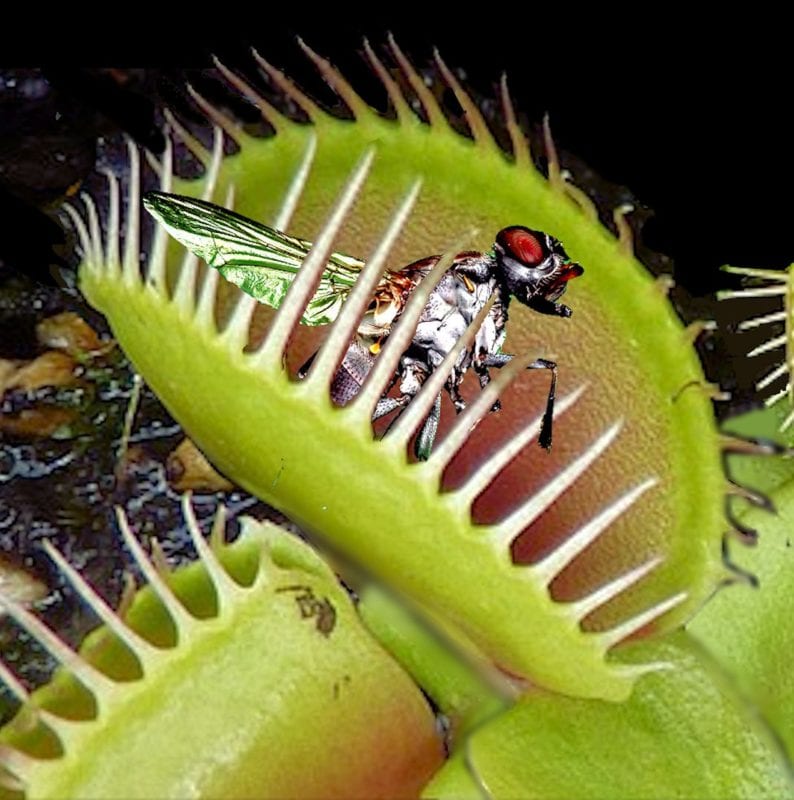Why Is Clover A Useful Weed In Your Garden?
Some amateur gardeners clover is a thorn in the flesh. But the plant has many advantages. Clover, often considered a weed, can actually be a useful and beneficial plant in many situations. Here are some reasons why you might want to leave clover in your lawn or garden: Despite the benefits of clover, it’s essential […]
Why Is Clover A Useful Weed In Your Garden? Read More »






